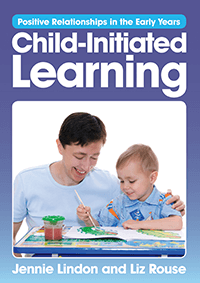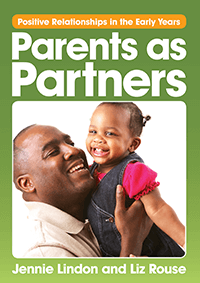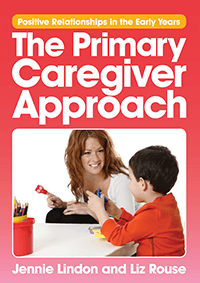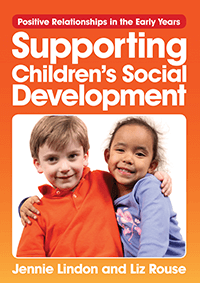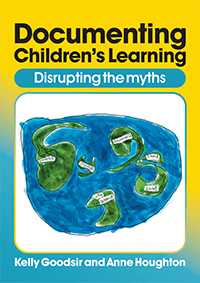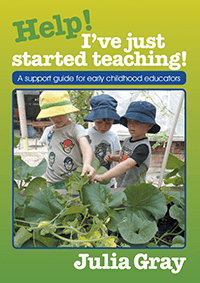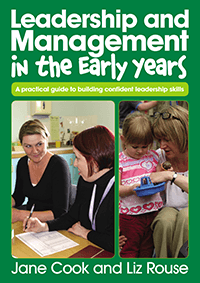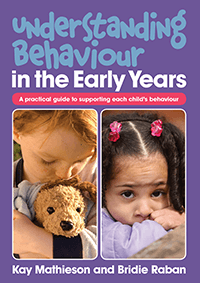
Parents as Partners
Positive Relationships in the Early Years
Parents as Partners looks at how to build a positive relationship with the parents and carers of children in your program, whether you are working in a centre based or family day care setting. It offers practical advice on how to set up and maintain a respectful relationship with parents and what the EYLF expects of educators. It shows how to encourage parental involvement, along with working with hard-to-reach parents plus ideas on how to connect and communicate with diverse families.
|
AUD incl GST
|
Add to cart | |
| or more | each |
